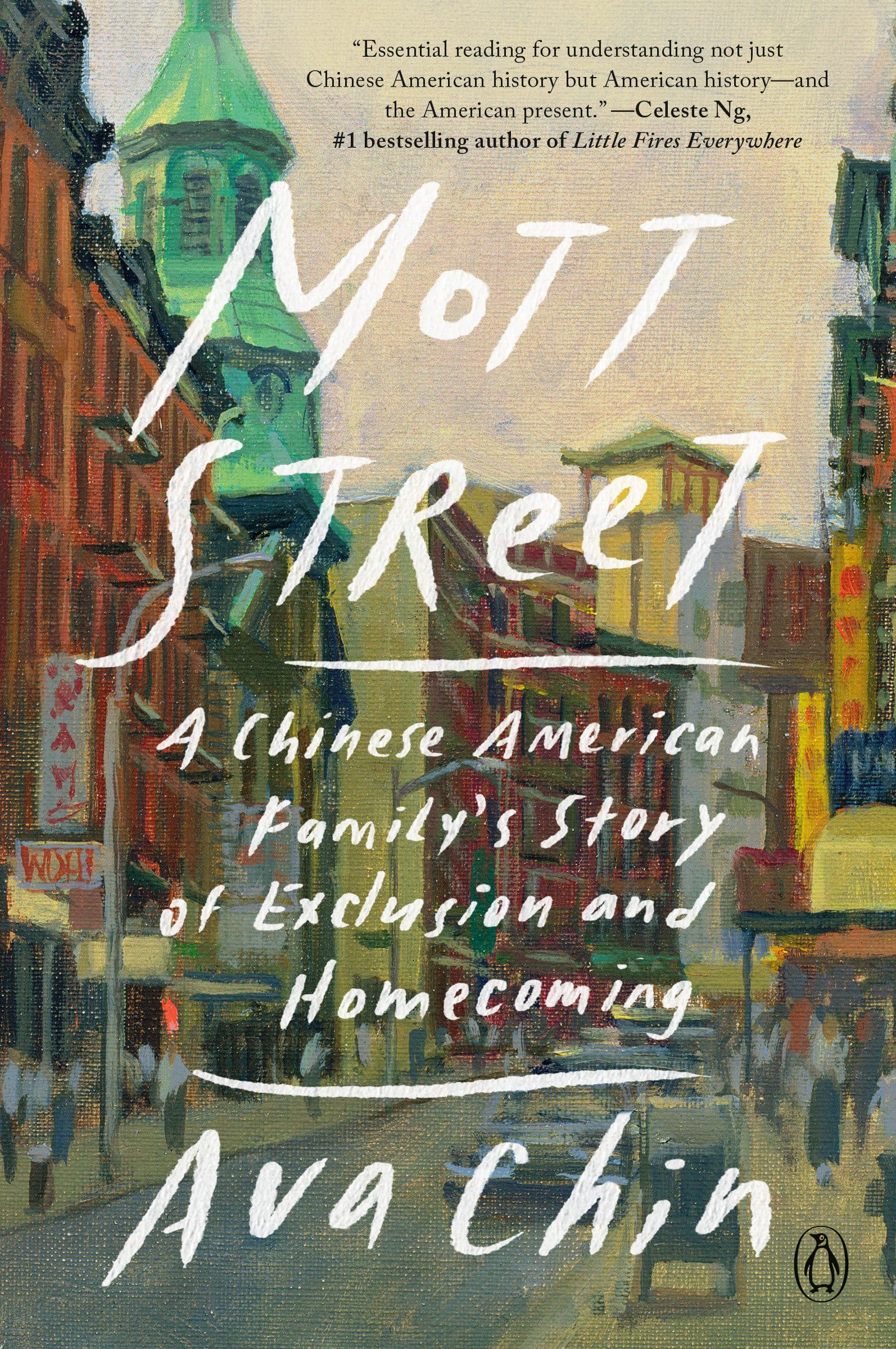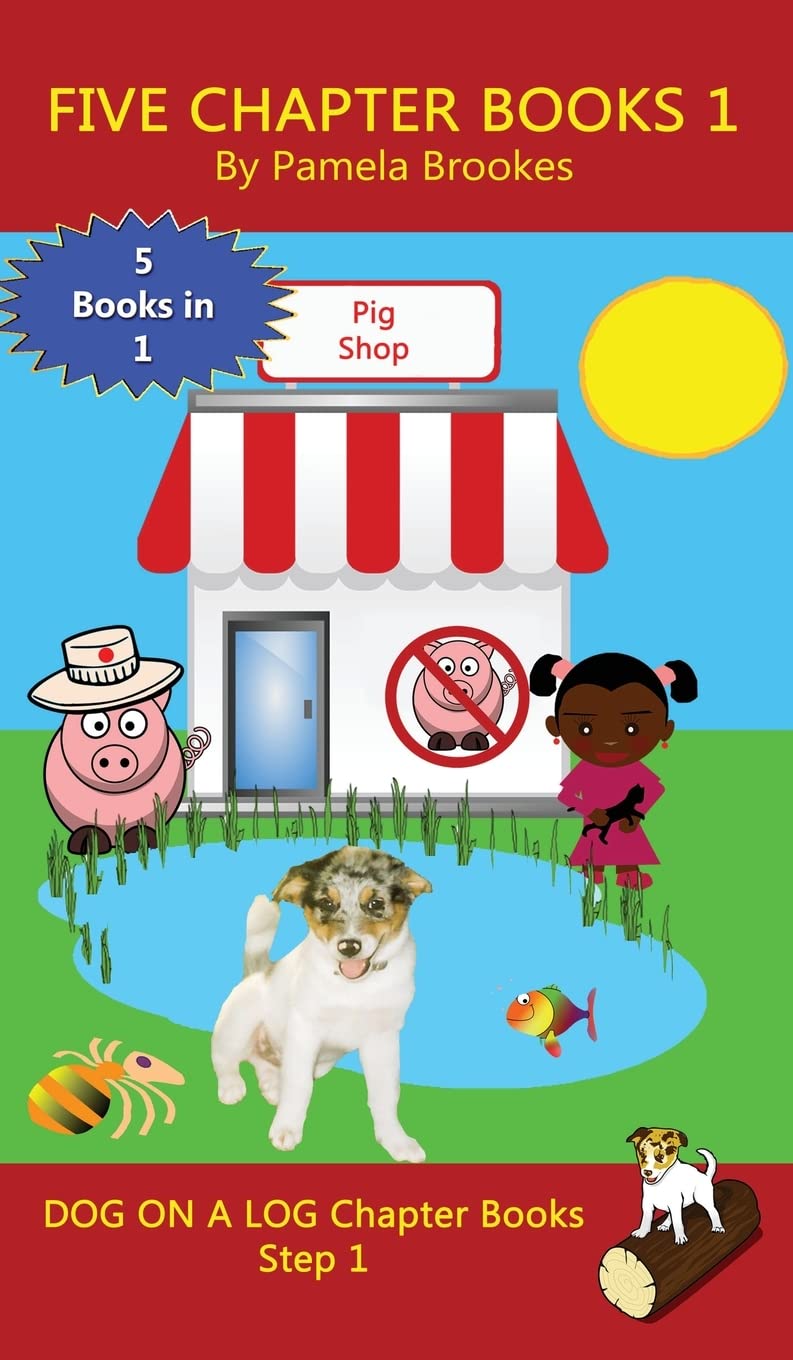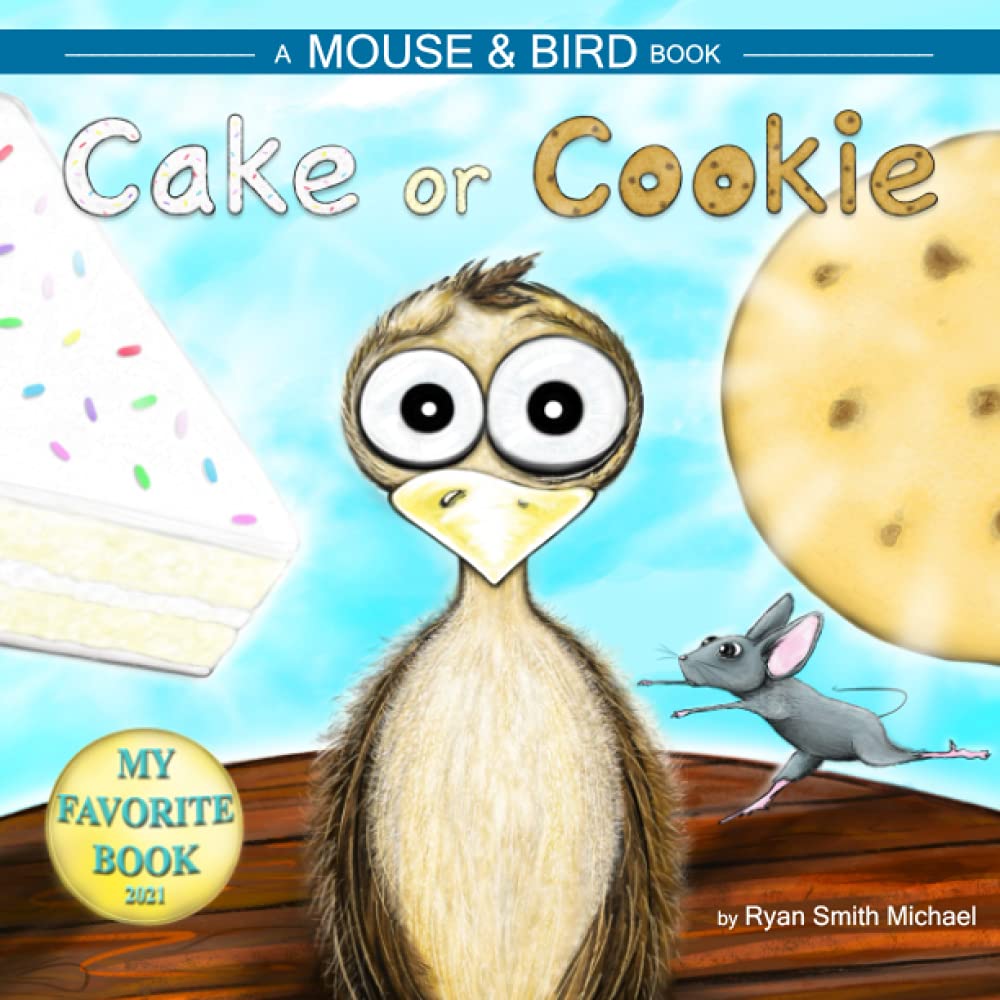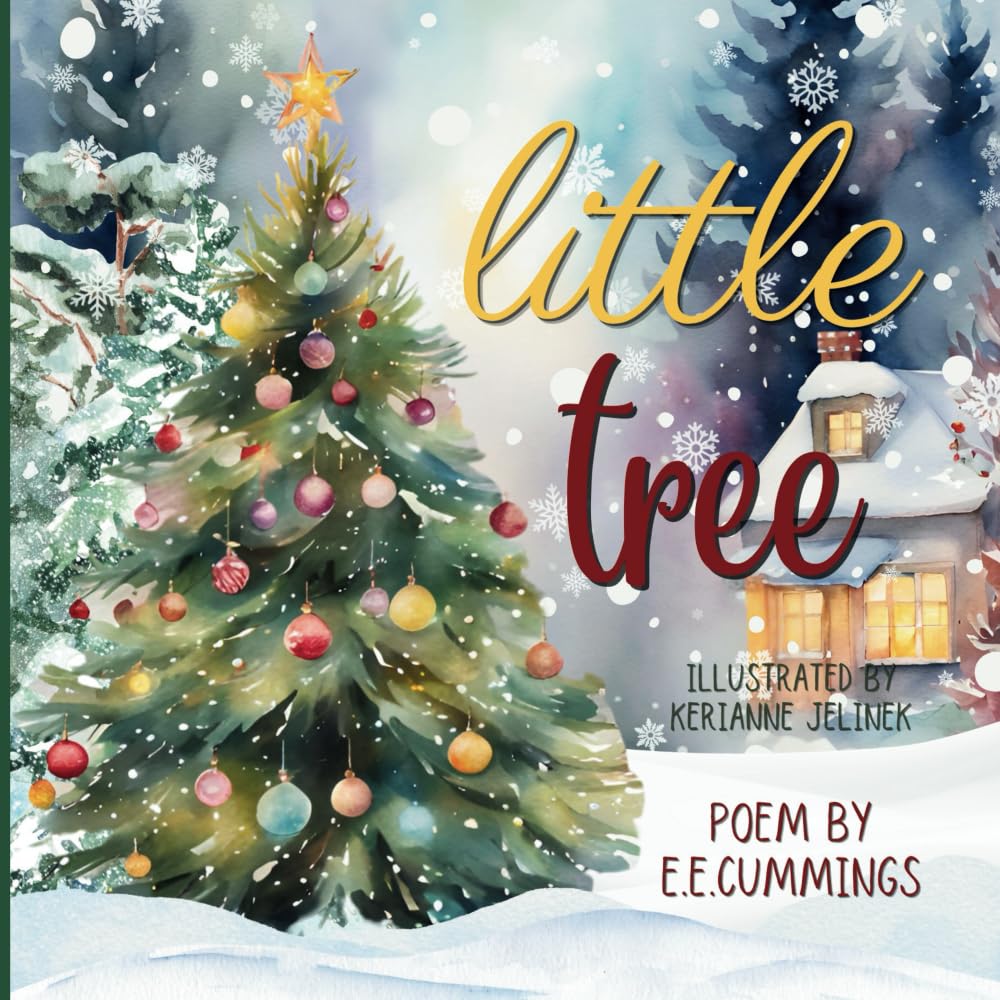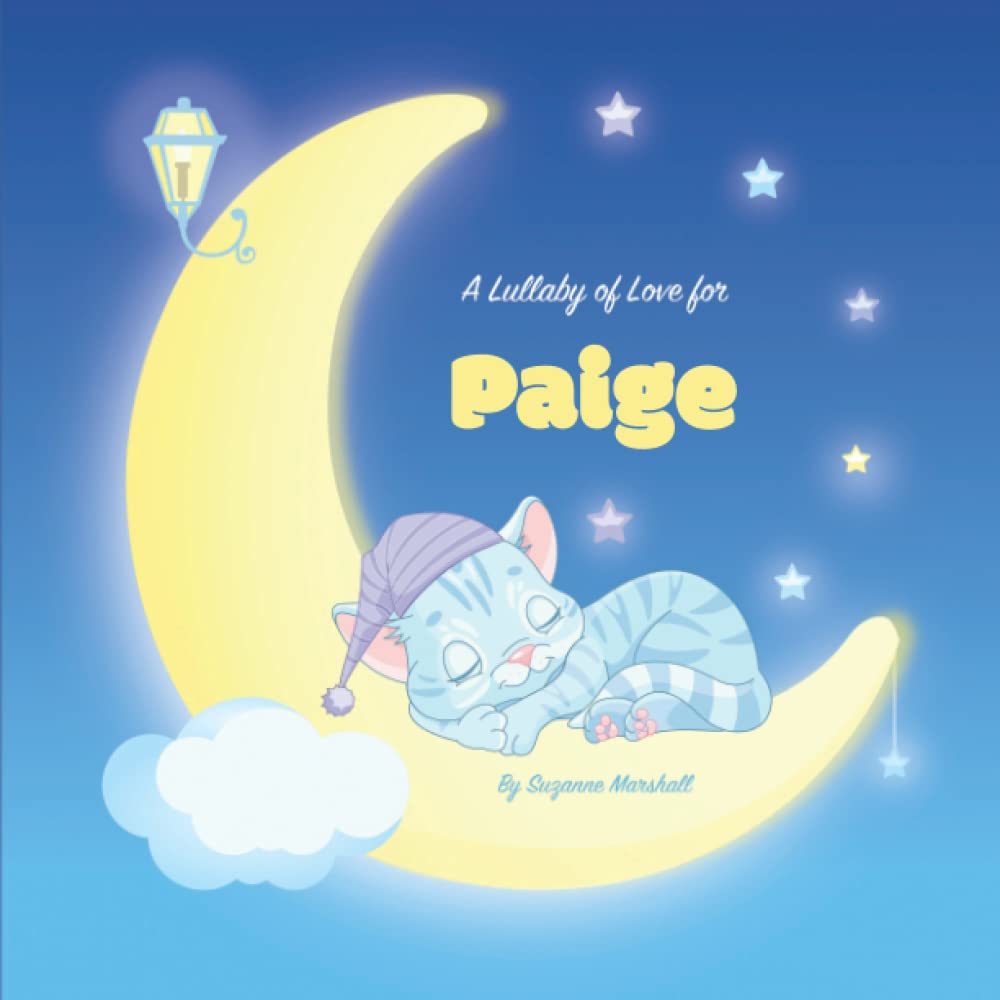“Essential reading for understanding not just Chinese American history but American history—and the American present.” —Celeste Ng, #1 bestselling author of Little Fires Everywhere * TIME 100 Must-Read Books of 2023 * San Francisco Chronicle's Favorite Nonfiction * Kirkus Best Nonfiction of 2023 * Winner of the Chinese American Librarians Association Best Non-Fiction Book Prize * Library Journal Best Memoir and Biography of 2023 * One of Elle's Best Memoirs of 2023 (So Far) * An ALA Notable Book * “The Angela’s Ashes for Chinese Americans.” —Miwa Messer, Poured Over podcast As the only child of a single mother in Queens, Ava Chin found her family’s origins to be shrouded in mystery. She had never met her father, and her grandparents’ stories didn’t match the history she read at school. Mott Street traces Chin’s quest to understand her Chinese American family’s story. Over decades of painstaking research, she finds not only her father but also the building that provided a refuge for them all. Breaking the silence surrounding her family’s past meant confronting the Chinese Exclusion Act of 1882—the first federal law to restrict immigration by race and nationality, barring Chinese immigrants from citizenship for six decades. Chin traces the story of the pioneering family members who emigrated from the Pearl River Delta, crossing an ocean to make their way in the American West of the mid-nineteenth century. She tells of their backbreaking work on the transcontinental railroad and of the brutal racism of frontier towns, then follows their paths to New York City. In New York’s Chinatown she discovers a single building on Mott Street where so many of her ancestors would live, begin families, and craft new identities. She follows the men and women who became merchants, “paper son” refugees, activists, and heads of the Chinese tong, piecing together how they bore and resisted the weight of the Exclusion laws. She soon realizes that exclusion is not simply a political condition but also a personal one. Gorgeously written, deeply researched, and tremendously resonant, Mott Street uncovers a legacy of exclusion and resilience that speaks to the American experience, past and present. “Chin delights in recalling the lives of her more colorful ancestors . . . But she also writes unflinchingly of the racism and marginalization her family faced after arriving in the American West in the mid-19th century . . . Mott Street is a sensitively told story of survival, resilience, and resistance.” — Shannon Carlin, TIME ’s 100 Must-Read Books of 2023 “A deeply empathetic and important book, one that renders visible the hidden achievements and sufferings of her family members—and insists that the wounding history of exclusion be seen clearly as well.” — Julia Flynn Siler, Wall Street Journal “Chin probes the plight of four generations of her ancestors with the tenacity of a historian, the fine brush of an accomplished artist, and the sensitivity of one who openly communicates with the dead . . . guided by curiosity and courage . . . one of the unexpected gifts is that we hear Chin’s voice throughout . . . in her spine-tingling interactions with the spirits of those who have passed . . . magic.” — Megan Vered, Los Angeles Review of Books “An expansive family history encompassing perilous journeys, sensational crimes and social change . . . Sensitive, ambitious, well-reported . . . It has a great deal to say about the Chinese experience in this country: the perilous journeys here, the racism that forced many into menial railroad and laundry jobs, and the draconian Chinese exclusion laws that for six decades (1882-1943) halted most legal immigration and blocked Chinese people from citizenship. The story has a certain pageantry. It flexes to absorb world wars, cholera epidemics, the San Francisco earthquake (the loss of official documents in flattened buildings was a boon to many Chinese immigrants), sensational crimes, foot binding and the rise of urban tongs . . . She and her vibrant family have come so far, but a lot of the old bruises are still right there on the surface.” —Dwight Garner, The New York Times Book Review “Bravura . . . Chin writes with a Proustian flourish about scrumptious foodscapes, and her new book—a valentine to four generations of her Asian American ancestors—plays to her strengths . . . Evocative . . . melding of different voices—a kind of free indirect style—works without drawing undue attention to itself as a composite form. There’s an immediacy to Chin’s description . . . [her ancestors] voices have been lovingly preserved in these pages.” —Rhoda Feng, The Washington Post “The book shines a harsh and unforgiving light on this country’s legacy of racist policies, exemplified by the Chinese Exclusion Act of 1882, which banned Chinese immigration for over 60 years and denied Chinese American residents the right to become U.S. citizens . . . an important read for those intere
